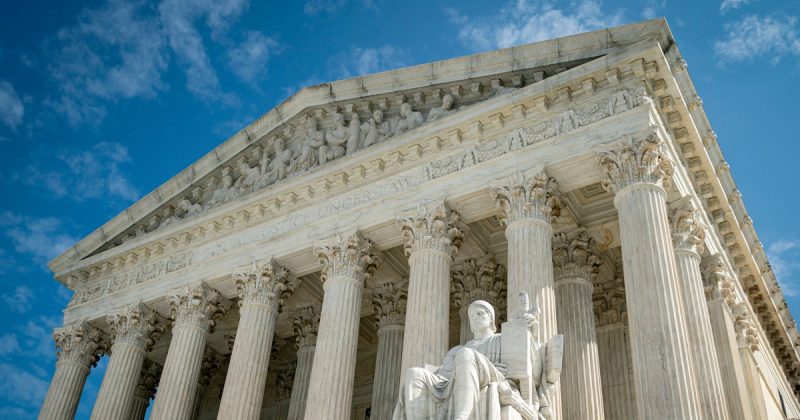
The Supreme Court has issued a mandate for a lower court to re-examine a religious challenge to New York’s requirement that employers provide health insurance plans covering abortion services. This decision comes on the heels of a recent Supreme Court ruling that found Wisconsin unlawfully denied tax benefits to Catholic-affiliated charities. The justices believe this new precedent necessitates a fresh look at the New York case.
The New York regulation, enacted in 2017, mandates abortion coverage in employer-provided health plans under specific circumstances, such as rape or incest. While a religious exemption exists, it’s limited to institutions and doesn’t extend to religiously affiliated groups serving the general public. This narrow exemption has prompted legal action from the Roman Catholic Diocese of Albany and other religious organizations, arguing it violates the First Amendment’s protection of religious freedom.
The challenging organizations, including Lutheran, Episcopalian, and Baptist groups, contend that the narrow exemption is problematic, mirroring recent Supreme Court decisions highlighting the potential issues with overly restrictive religious exemptions. Their legal arguments center on the possibility of overturning the 1990 precedent set in *Employment Division v. Smith*.
This isn’t the first time this case has reached the Supreme Court. A previous review led to a remand to the state court, a decision that followed a 2021 Supreme Court ruling favoring a Catholic group excluded from Philadelphia’s foster care program due to its stance on same-sex relationships. There’s also a connection to the Supreme Court’s 2020 decision endorsing a broad religious exemption to the Affordable Care Act’s birth control mandate.
The New York Court of Appeals upheld the state’s position in May 2024, stating that neither the regulation nor its exemption violated the Free Exercise Clause. The state’s legal team maintains the exemption offers a denominationally neutral accommodation based on objective criteria, thus aligning with the 1990 precedent. However, the Supreme Court’s recent decision suggests a shift in perspective, prompting this reconsideration.
Separately, the Supreme Court also agreed to hear a case from New Jersey involving an investigation into anti-abortion crisis pregnancy centers. The core question is whether the state can legally enforce subpoenas against First Choice Women’s Resource Centers, seeking information about their donors. First Choice argues that complying with these subpoenas would infringe upon their First Amendment rights to free speech and association. This case further highlights the ongoing legal battles surrounding reproductive rights and religious freedom in the United States.









